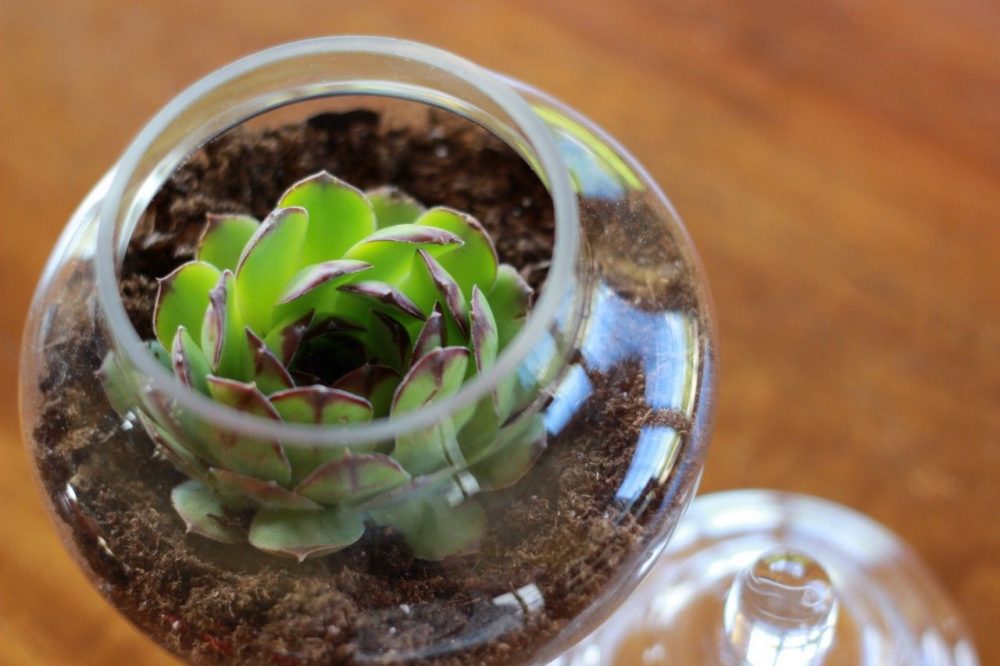What is the ideal temperature for hens and chicks? Hens and chicks are adapted to tolerate changes in temperature. In addition, they can survive in temperatures as low as -4degF (-20degC) and are drought-tolerant. This article will provide you with information on the optimal temperatures for these birds. Listed below are some factors you should take into account. Keep reading to discover how to raise healthy and productive hens and chicks.
Can tolerate prolonged periods of drought
In this article, we’ll explore how plants can survive in drought and how they can respond to it. Dry soil and drought are both physical and physiological effects, with the primary effect being damage to the plant’s roots. Roots are the most sensitive organs to drying, so they are the first ones to be damaged during a drought. The secondary effect of drought is the deterioration of the plant’s structure and function.
Droughts are natural phenomena triggered by cyclical weather patterns. They affect the temperature, moisture, and land mass, causing a lack of water to sustain life. The impacts of a drought can be enormous, with the damage to crops and ecosystems ranging from severe depletion to lack of water for drinking. Droughts are also costly and have many societal costs. The economic cost of a drought can be difficult to calculate, but the socioeconomic impact of a drought is increasing worldwide.
Needs full sun
Hens and chicks are native to the southern and northern regions of the world. Many gardeners are fascinated with them because they are easy to care for, and are suitable both for indoor and outdoor use. They are tolerant of partial shade, but require full sunlight in the morning and afternoon for optimal growth. Here are some tips for growing hens and chicks. You’ll need at least 6 hours of full sun per day.
Also Read: Harga Baru Mitsubishi Xpander 2022
Hens and chicks grow best in full sunlight, but do not neglect the partial shade they require. Big varieties of Hens and Chicks need ten to twelve hours of direct sun daily. Hardy varieties of Hens and chicks can survive in bright filtered sunlight during the summers without shade. Shade netting can help keep the plants from getting too much afternoon sun.
Needs partial shade
If you’ve ever kept hens or chicks in a sunny window, you know how hot the sun can be for them. Plants such as hens and chicks benefit from partial shade and full sunlight, but afternoon sunlight can cause their foliage to turn a pale green. In fact, they grow best with 6-8 hours of indirect light a day. If you live in a hot climate, partial shade is also a great idea.
Planting Hens and chicks in partial shade is just as important. Hens and chicks prefer full sun, but will tolerate partial shade and can tolerate a little less light. Lighting needs for each plant vary according to species and habitat. The sempervivum, for example, needs four hours of sunlight per day. However, be sure not to overexpose your plants; too much sun will cause sunburn.
Needs supplemental fertilizer
Although hens and chicks do not require supplemental fertilizer, the plants they live in do. You can apply slow-release granular fertilizer in the spring. You can also feed your indoor houseplants with liquid fertilizer at 1/4 strength every two weeks during the growing season. Fertilizer for your indoor plants should be discontinued in the fall. Most hens and chicks have very few pest problems. Pests such as mealybugs and aphids are more common on indoor plants, but they are unlikely to affect your Hens and chicks.
The amount of fertilizer you need for your Hens and Chicks will depend on the type of soil you have and how often the plants are growing. In general, you should fertilize your plants at least twice per year, but you can choose to fertilize more often if you prefer. A small amount of fertilizer will boost the growth rate of your Hens and Chicks. The best time to fertilize your plants is when you see them actively growing. Chicks and Hens will readily take up the fertilizer you apply. You can also use water-soluble fertilizer to make your plant’s rosette more beautiful.

